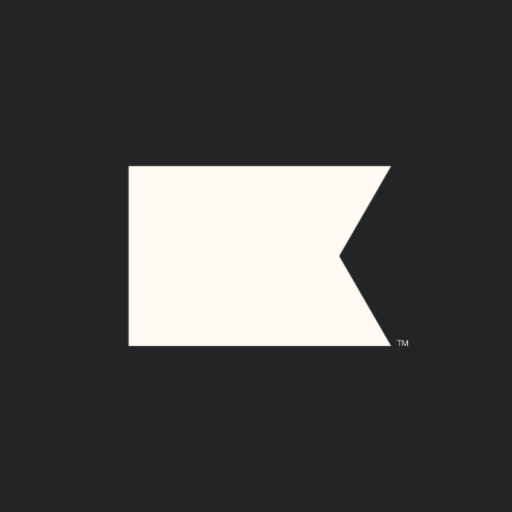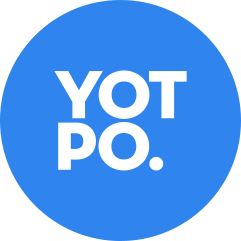Landing A $200K Shark Tank Investment and Growing to $80k/mo
Note: This business is no longer running. It was started in 2010 and ended in 2025. Reason for closure: Shut down.
Hello! Who are you and what are you working on?
My name is Steve Watts, I am the founder and co-owner of Slyde Handboards with my wife Angela. Slyde is based of out of San Clemente, California. Handboards are little surfboards that strap to your hand that give you more lift, speed and control when bodysurfing.

Handboards have been around for centuries, nobody is quite sure where or when they started, but there is evidence of the ancient polynesians using palm fronds or drift wood placed on their hands to get more speed, distance and lift when bodysurfing. A handboard is the perfect ocean toy, which allows anybody no matter their age or skill level the ability to ride a wave like a pro. Handboards are the most portable and lightweight wave riding equipment, which means you don't have to be the local pack mule when going down to the beach It is a sport that is super easy to learn and safe for kids to get comfortable in the ocean, without having the...














